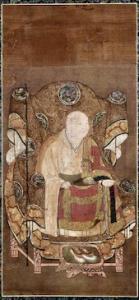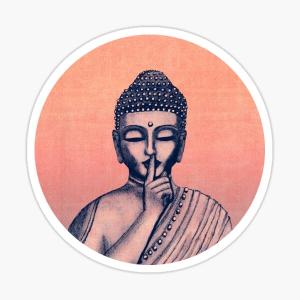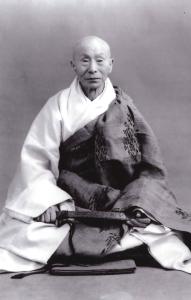 What do dreams mean? Especially those dreams that haunt, that can’t be shaken off with a cup of coffee and a traffic jam.
What do dreams mean? Especially those dreams that haunt, that can’t be shaken off with a cup of coffee and a traffic jam.
First a caution. True Zen practice is exclusively about clarifying the Great Matter of birth and death. Other pursuits not directly in the service of this purpose are, at best, interesting and benign distractions.
You might be able to know past lives through dream interpretation, for example, but from where I sit, it looks like wandering on the byways of spiritual fascination.
Remember that our Soto ancestor Dongshan said that wearing the robe but not clarifying the Great Matter is the most painful thing in all the world.
And the fourth Soto ancestor in Japan, Keizan, said, “…This is not a path you can pass on to your children or a path you can receive from your father. You have to do it yourself, awaken to it yourself, and acquire it yourself” (from Record of Transmitting the Light, trs. Cook, p. 193).
Dogen’s teacher, Rujing, put it this way (quoted in Dogen’s “Expressing a Dream within a Dream”):
“Dreams going awry and dreams coming true,
Holding and letting go,
All playing freely like flowing breezes.”
Some dreams, though, are more like mighty gales.
Recently I met a practitioner who told me of a dream that had blown him into focused Zen inquiry. He’d had the dream more than a decade ago, when he was first reading about Buddhism. The contents of the dream seemed extraordinary to me as well and had left our friend in quite a pickle. Was it “just a dream?” Or was it a message from himself … or from the ancient Buddhas? What was he to do with it?
Is there anything in the Zen tradition that points to how one might work with a gale of a dream like this – other than to dismiss it as delusion? Fortunately, there is. Take this, for example.
Back in the old times, Guishan was taking a nap and his close disciple, Yangshan, entered his room but seeing the old teacher sleeping turned to leave. Guishan woke up and called Yangshan back, saying, “Let me tell you my dream.”
Yangshan leaned forward to listen to the dream. Then Guishan said, “Please interpret the dream for me.”
Yangshan took a bowl of water and a towel to Guishan who then scrubbed his face and sat for a while.
Another close disciple, Xiangyan, then came into the room. Guishan said, “Just now Yangshan demonstrated a supreme ability in supranormal powers! This ability is not about personal salvation.”
Xiangyan said, “I was in the other room, but I clearly perceived this.”
Guishan said, “Now it’s your turn to interpret.”
Xiangyan made a cup of tea and brought it to the master.
Guishan said, “You two disciples have supranormal powers that are beyond the abilities of Sariputra and Maudgalyayana (disciples of Buddha).”
Here we have three fine practitioners living the dream, expressing Guishan’s dream in elegant service of one and other.
A warm towel.
A cup of tea.
How extraordinary.
How will we be of service within this dream?











